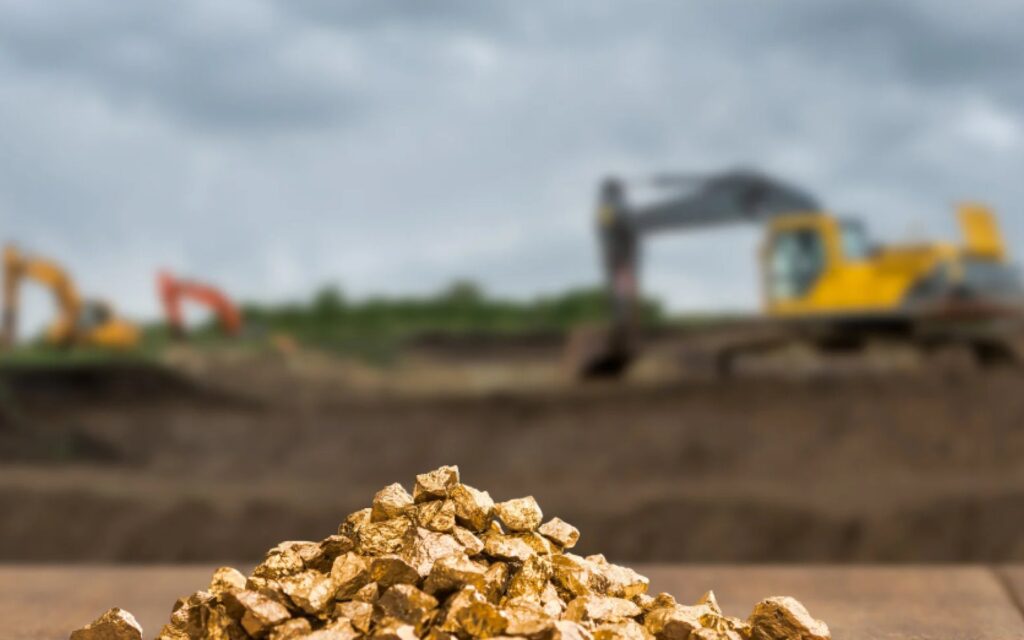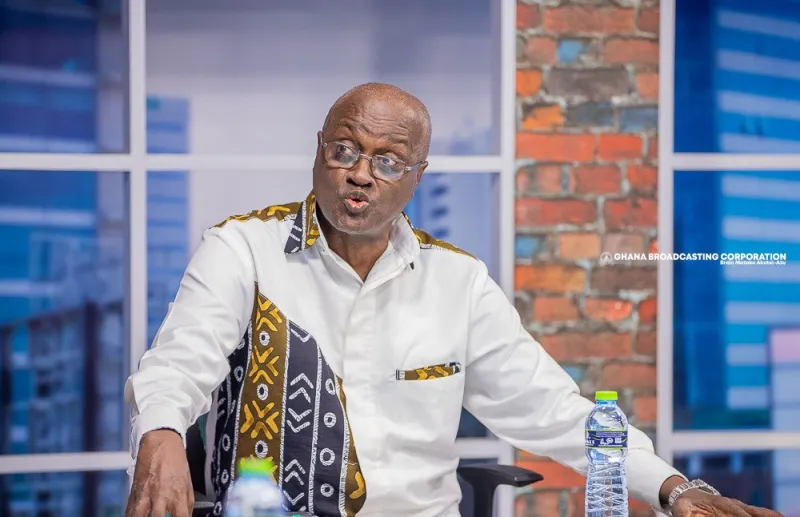Ghana’s local currency, the cedi, has recently emerged as the world’s best-performing currency, appreciating nearly 16% against the US dollar since April 2025.
This remarkable turnaround has been attributed to a combination of strategic central bank interventions, increased foreign exchange inflows, and a concerted effort to bolster the nation’s gold reserves.
However, to ensure sustained stability and address the persistent depreciation challenges, Dr. Richmond Akwasi Atuahene, a Corporate Governance and Banking Consultant, has argued that Ghana must take decisive steps to secure lasting currency stability by leveraging its abundant natural resources.
“Ghana has sizable quantities of a wide range of natural resources, including gold, manganese, diamonds, bauxite, lithium, uranium, copper, silicate, oil, gas, rubber, silver, salt, limestone, and iron ore.”
Dr. Richmond Akwasi Atuahene, a Corporate Governance and Banking Consultant
According to Ghana’s Natural Resource Reserves (2019), the total estimated reserves are a staggering US$12.9 trillion. Gold has long been contributing significantly to Ghana’s foreign exchange earnings and GDP.
Data released by the newly established Ghana Gold Board (GoldBod) revealed that Ghana’s Gold Exports Hit $2.72 billion in the first four months of 2025

Dr. Atuahene’s recommendations come amid ongoing debates about how best to secure national value from natural resources.
He pointed to models implemented in other African nations, notably Botswana, which recently restructured its diamond production agreements with Anglo/American De Beers.
“In September 2024, Botswana secured an agreement with De Beers to raise the allocation of its Debswana’s diamond production to the state-owned Okavango Diamond Company from 25% to 30%, and then to 40% in 2025, with plans to incrementally reach 50% in 2030.”
Dr. Richmond Akwasi Atuahene, a Corporate Governance and Banking Consultant
Dr. Atuahene further noted that this strategic move had been designed to bolster local diamond processing and trading activities, thereby stimulating economic growth and creating jobs.
“Ghana must be bold to re-negotiate all existing and new mining leases, adopting a similar model.
“Right now, we are benefiting from only 15% of our gold exports. That is far from acceptable.”
Dr. Richmond Akwasi Atuahene, a Corporate Governance and Banking Consultant
Beyond gold, Ghana’s mining sector produces minerals such as bauxite, manganese, natural gas, petroleum, salt, silver, and diamonds. In recent years, the country has identified substantial lithium deposits, positioning itself as a potential key player in the global lithium market.
Need for Unity to Renegotiate Mining Contracts

Central to Dr. Atuahene’s argument is the notion that Ghana’s natural resource wealth remains underexploited due to outdated contracting practices.
He called on all Ghanaians—transcending political divides—to rally behind President Mahama’s leadership in re-negotiating the historical Guggisberg contracts.
“All Ghanaians, irrespective of political affiliation, must unite behind our leadership to re-negotiate those mining leases that were established before independence.
“For Ghana to benefit from only 15% is completely ripped off.”
Dr. Richmond Akwasi Atuahene, a Corporate Governance and Banking Consultant
Dr. Atuahene cited successful examples from Africa, including the late President Magufuli of Tanzania, current leaders in Namibia and Burkina Faso, and Botswana’s bold approach, as benchmarks for transforming the extraction and revenue-sharing framework.

The discussion on re-negotiation of mining leases comes at a critical juncture. While the central bank’s proactive steps have temporarily bolstered the cedi, many experts warn that long-term stability will depend on how well Ghana can transform its resource management policies.
If the country can successfully enhance its share of revenue from minerals and integrate those gains into broader macroeconomic strategies, the cedi’s performance could even be further enhanced and sustained.
Investors and policymakers alike are encouraged to view the current appreciation of the cedi as an opportunity to undertake broader reforms.
Ghana’s impressive 16% appreciation of the cedi against the US dollar since April 2025 reflects the success of targeted monetary policies and strategic interventions.
However, to preserve this hard-earned strength and translate it into long-term economic prosperity, the nation must act boldly to harness its abundant natural resource wealth.
READ ALSO: Cedi Gains Not Enough for Recovery – IERPP Boss Warns Against Overreliance on Global Trends




















